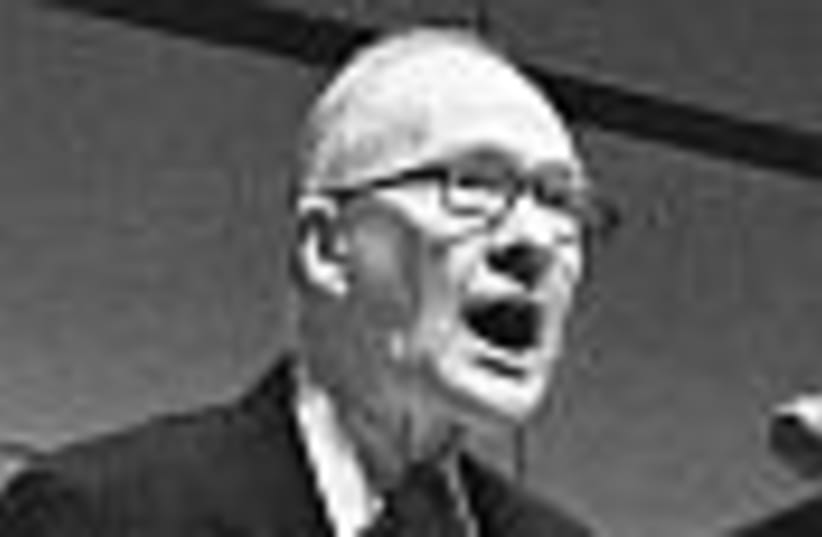| More about: | Brent Scowcroft, The Washington Post, Ronald Reagan, Mother Teresa |
Brent Scowcroft's realism
Realists prize stability above all, and there is nothing more stable than a ruthlessly efficient dictatorship.


| More about: | Brent Scowcroft, The Washington Post, Ronald Reagan, Mother Teresa |